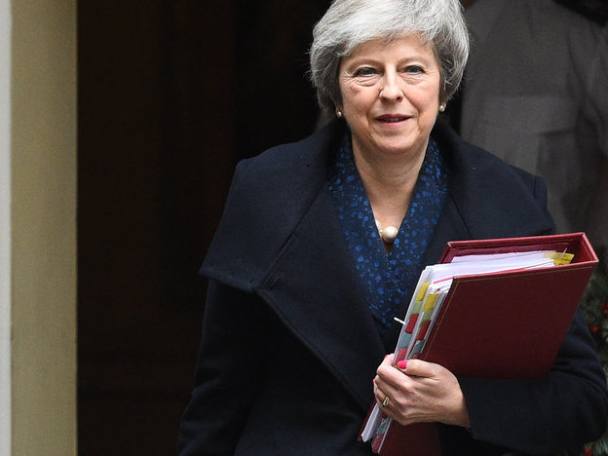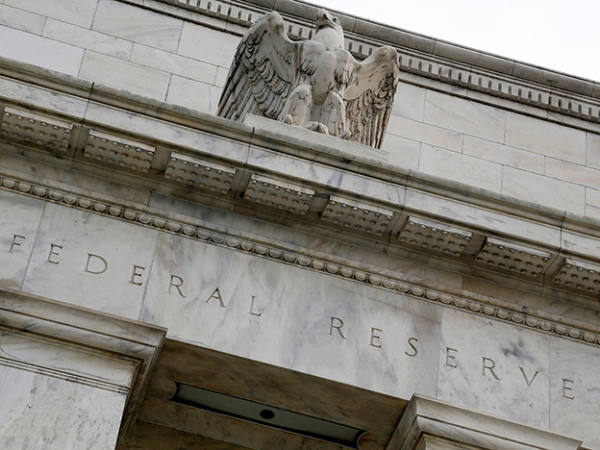Is the latest round of Brexit uncertainty hurting the economy? We’ll get some clues next week from purchasing managers’ surveys.
The most important of these will be Friday’s report on the service sector. Last month this showed a drop in growth to almost nothing. With services representing most of the economy, a continuation of that would raise fears of a recession. The construction survey will also be worth watching. Although growth here has been stable recently, we would expect increased uncertainty to cause companies to delay starting new projects. Manufacturing might also show a slight dip from what has been moderate growth.
We might also see a Brexit effect in bank lending numbers on Friday. The RICS says Brexit uncertainty is reducing demand for houses, which suggests we could see a slip back in mortgage approvals. And if uncertainty is causing companies to delay investments, we should see a build up of cash and weak lending – although lending to smaller businesses fell for much of this year anyway, probably for many reasons of which Brexit is but one.
One of these reasons is that parts of the global economy are weak. We should see this next week. In China, purchasing managers might report that manufacturing is stagnating, or even falling. And in the eurozone, they should confirm that growth has slowed in recent months; this will be corroborated by official figures showing that unemployment has levelled off at 8.1 per cent of the workforce.
There might, however, be a glimmer of hope here. Figures from the ECB on Thursday should show that narrow money growth has levelled off at just under 7 per cent. As this is a good lead indicator of output growth, it should allay fears of recession.
Also, Friday’s figures should show that inflation in the region has fallen below 2 per cent thanks to lower oil prices, and that core inflation (which excludes food and energy) has been stable for months at around 1.1 per cent. This means there’s no need for the ECB to raise interest rates for a long time.
The US economy, however, is healthier. Wednesday’s ISM survey should show that manufacturing growth is still strong, albeit slightly less so than in the summer. And Friday’s employment report should show another 200,000 net jobs were created in December, leaving the unemployment rate close to a 50-year low of 3.7 per cent.
Such growth might, though, be raising wage growth: this could hit its highest rate (3.2 per cent) since 2009. That would confirm fears that the Fed will have to raise interest rates next year.










